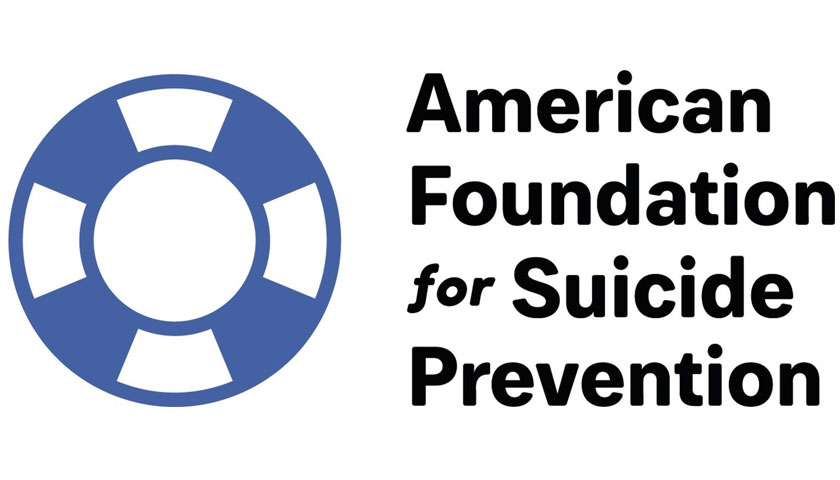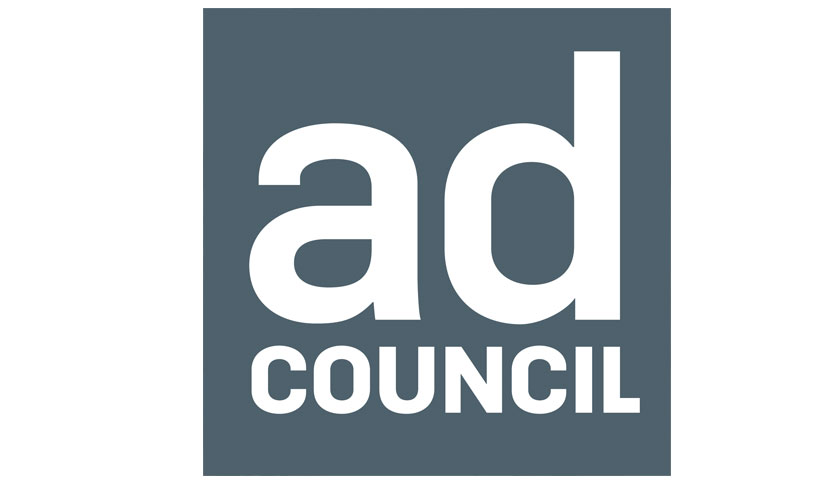In recognition of May as Mental Health Awareness Month, the American Foundation for Suicide Prevention (AFSP) shared new survey findings that reveal people experience anxiety (53%) and sadness (51%) more often now than before the coronavirus pandemic. Despite physical distancing guidelines, Americans connect with friends and family at approximately the same frequency as they did before the stay-at-home orders and talk more frequently about mental health (38% compared to 28% before the pandemic) and stress and anxiety (52% compared to 35% before the pandemic).
“We are amid an unprecedented public health crisis, yet we also have an opportunity to come together to support one another and find ways to engage in meaningful conversations about mental health and wellness,” said Dr. Christine Moutier, AFSP chief medical officer. “During this time of uncertainty, isolation, economic stress, and concern about physical health, one of the best things you can do for yourself and your loved ones is to stay connected. The research tells us that having real conversations opens up opportunities for support, protects our mental health and builds resiliency.”
To further encourage open, honest communication in support of mental health, AFSP has reinvigorated its #RealConvo public awareness campaign, which urges people to have real conversations, share the impact of these connections on social media and challenge others to do the same. By reaching out to others and supporting one another, we can demonstrate and practice positive ways to encourage hope, healing and resiliency during a difficult time. Through this effort, we support good mental health practices and can continue to positively affect cultural understanding of mental health for the long-term.
Research shows having a #RealConvo supports mental health
AFSP’s survey findings conclude people who have honest conversations feel more supported, calm, and grateful as a result. However, barriers to connecting with loved ones still exist, which AFSP hopes to address through the #RealConvo campaign. Key survey findings include:
- Sixty-one percent of Americans have had open and honest conversations about their thoughts, feelings and mental health during the coronavirus pandemic. An overwhelming majority of respondents (77%) reported they feel better afterward.
- Sixteen percent of people who stated that they were uncomfortable talking about their mental health before stay-at-home orders were issued now say they are comfortable doing so.
- Thirty-five percent of respondents who discussed their mental health with others less than once a month before stay-at-home restrictions are now doing so at least once a week or more
- Fifty-seven percent of respondents felt engagement in activities, such as exercise, online gaming and listening to music, helped with stress management.
- Many people are hesitant to have open and honest conversations about things that trouble them because of awkward or uncomfortable feelings (38%) and the fear of being judged (29%).
- Fifty-five percent of parents feel anxious more often now than before the COVID-10 pandemic began
AFSP’s Tips on How to Have a #RealConvo and Normalize Discussions about Mental Health
People do not need special training or to be in person to have a candid conversation about their mental health with friends, family members or coworkers. To help foster those conversations, AFSP shares tips about how to have a #RealConvo:
- Begin the conversation by asking how the other person is
- Engage in the conversation by sharing a worry or moment of hope
- End the conversation with gratitude for the chance to connect on this deeper, meaningful level
- Welcome future conversations and conduct regular check-ins
Once people have these conversations, AFSP urges them to share the impact and challenge a friend to have a real conversation on social media using the hashtag, #RealConvo. More information about how to engage in meaningful conversations about mental health can be found at afsp.org/realconvo.
AFSP Research + Insights surveyed 1,005 individuals age 18+ in the US. The survey was fielded using the Qualtrics Insight Platform, and panel was sourced from Lucid. Fieldwork was conducted in April 2020.



